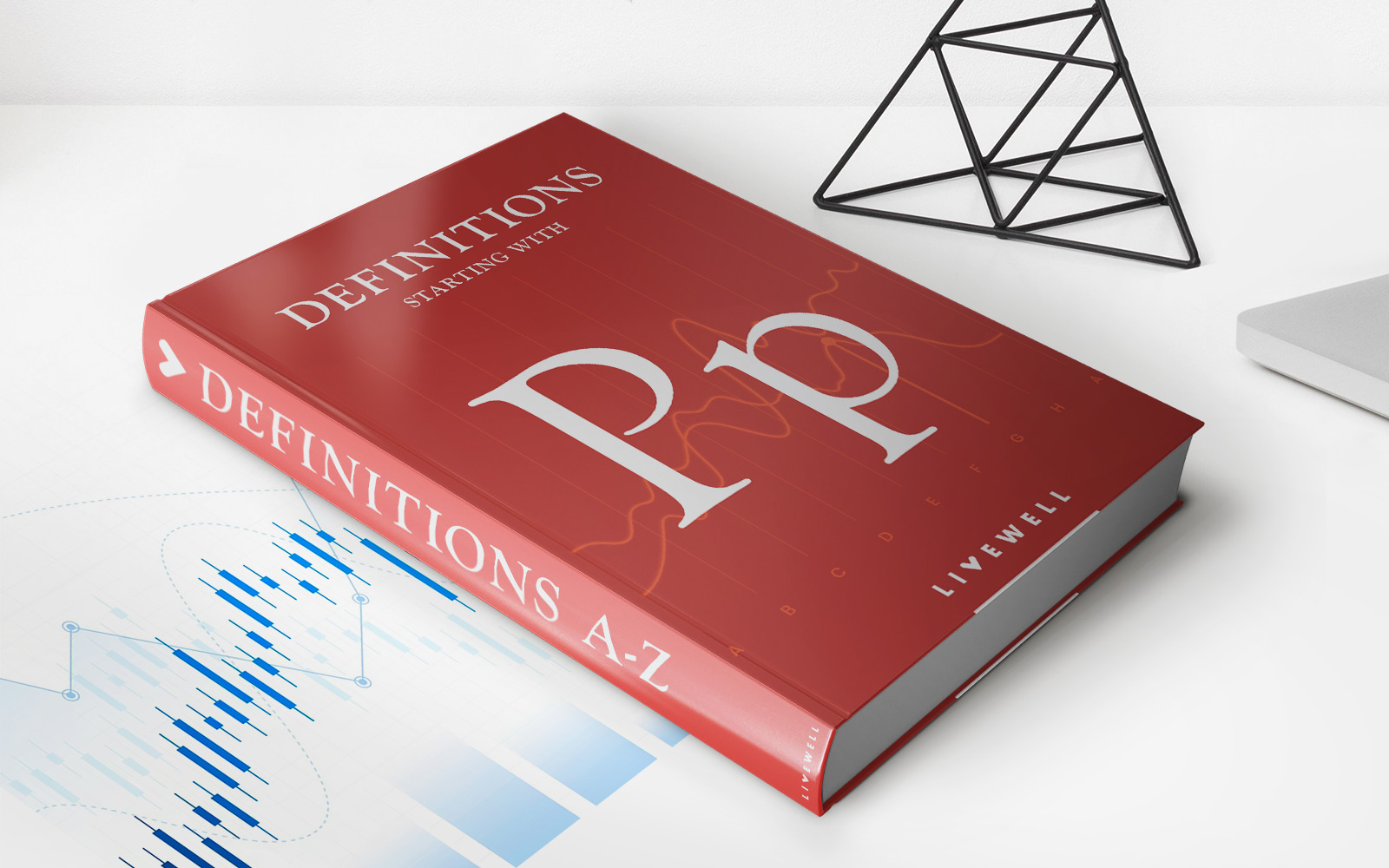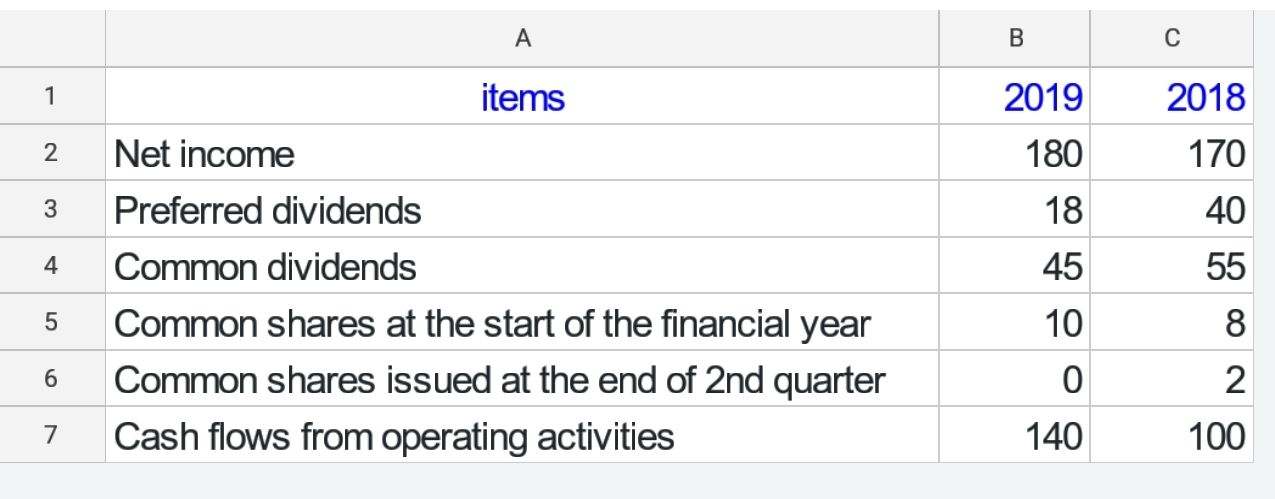Home>Finance>Which Public Filings Have Mergers And Acquisitions?


Finance
Which Public Filings Have Mergers And Acquisitions?
Published: February 24, 2024
Discover the key public filings related to mergers and acquisitions in the finance industry. Stay informed and make strategic decisions with our comprehensive guide.
(Many of the links in this article redirect to a specific reviewed product. Your purchase of these products through affiliate links helps to generate commission for LiveWell, at no extra cost. Learn more)
Table of Contents
Introduction
Understanding the Landscape of Mergers and Acquisitions
Welcome to the dynamic world of mergers and acquisitions (M&A), where companies come together to create new opportunities, expand their market presence, and drive growth. M&A activities are pivotal in shaping the business landscape, often making headlines due to their far-reaching implications. As a crucial aspect of corporate strategy, mergers and acquisitions involve a series of intricate processes, including negotiations, due diligence, and regulatory compliance. One fundamental aspect of M&A transactions is the requirement for various public filings, which serve as essential documentation and disclosure mechanisms.
In this article, we will delve into the realm of public filings associated with mergers and acquisitions, shedding light on the types of filings required and the regulatory bodies overseeing these processes. Understanding the significance of these filings is paramount for companies and investors navigating the complex terrain of M&A, as compliance with regulatory requirements is non-negotiable.
Let’s embark on a journey to explore the intricacies of public filings in the context of mergers and acquisitions, gaining insights into the regulatory framework and the role of key entities such as the Securities and Exchange Commission (SEC), the Federal Trade Commission (FTC), and the Department of Justice (DOJ). By unraveling the layers of public filings, we aim to equip you with a comprehensive understanding of the essential documentation involved in M&A transactions, empowering you to navigate this realm with confidence and acumen.
Types of Public Filings
When it comes to mergers and acquisitions, a myriad of public filings come into play, each serving a distinct purpose in the regulatory landscape. These filings are instrumental in ensuring transparency, facilitating regulatory scrutiny, and safeguarding the interests of stakeholders involved in M&A transactions. Let’s explore the key types of public filings that are integral to the M&A process:
- SEC Filings: The Securities and Exchange Commission (SEC) plays a pivotal role in regulating M&A activities, requiring companies to submit various filings that provide comprehensive disclosures about the transaction. These filings include documents such as the Form S-4, which outlines the details of the merger or acquisition, including financial information, potential risks, and other pertinent details. Additionally, the Schedule 14A filing is crucial for soliciting shareholder approval for the transaction, ensuring that investors are adequately informed about the proposed M&A deal.
- FTC Filings: The Federal Trade Commission (FTC) mandates certain filings that are aimed at preventing anti-competitive practices and preserving fair competition in the market. Companies involved in M&A transactions may be required to submit pre-merger notification filings under the Hart-Scott-Rodino (HSR) Act, enabling the FTC to assess the potential impact of the transaction on competition and consumers.
- DOJ Filings: The Department of Justice (DOJ) also plays a crucial role in overseeing M&A activities, particularly in relation to antitrust concerns. Companies may need to file pre-merger notifications with the DOJ under the Hart-Scott-Rodino Act, similar to the FTC filings, to ensure compliance with antitrust regulations and to address any potential anti-competitive implications of the proposed transaction.
- Antitrust Filings: In the context of M&A transactions, antitrust filings are essential for addressing concerns related to monopolistic practices and anti-competitive behavior. These filings are aimed at evaluating the potential impact of the transaction on market competition, with the goal of preventing undue concentration of market power that could harm consumers or other businesses.
These public filings collectively form the regulatory framework that governs mergers and acquisitions, serving as critical instruments for transparency, regulatory compliance, and the protection of market competition. Understanding the nuances of these filings is paramount for companies embarking on M&A endeavors, as adherence to regulatory requirements is fundamental to the success and legitimacy of such transactions.
Securities and Exchange Commission (SEC) Filings
Within the realm of mergers and acquisitions, the Securities and Exchange Commission (SEC) stands as a central regulatory authority, wielding significant influence over the disclosure requirements and compliance standards for companies engaged in M&A activities. The SEC filings associated with mergers and acquisitions serve as a cornerstone of transparency and accountability, providing investors, regulators, and the public with comprehensive insights into the intricacies of these transactions.
One of the key SEC filings pertinent to M&A transactions is the Form S-4, which serves as a comprehensive disclosure document outlining the details of the proposed merger or acquisition. This filing encompasses vital information such as the financial statements of the involved companies, the terms of the transaction, potential risks, and the impact on shareholders. The Form S-4 allows stakeholders to make informed decisions by gaining a thorough understanding of the strategic, financial, and operational aspects of the M&A deal.
Additionally, the Schedule 14A filing holds immense significance in the context of SEC filings for M&A transactions. This filing is crucial for soliciting shareholder approval for the proposed transaction, ensuring that investors are provided with all pertinent information necessary to assess the merits of the deal. The Schedule 14A includes details about the meeting at which the transaction will be voted upon, the agenda, and the disclosures that enable shareholders to evaluate the transaction’s implications on their investment.
Moreover, the Form 8-K filing comes into play when a significant event such as a merger or acquisition occurs. This filing serves as a means of promptly informing investors and the public about material developments that may impact the company’s financial position or governance. When an M&A transaction reaches a definitive agreement stage, the Form 8-K is utilized to disclose the pertinent details, providing transparency and ensuring that stakeholders are kept abreast of critical developments.
These SEC filings collectively form a vital component of the regulatory framework governing mergers and acquisitions, upholding the principles of transparency, disclosure, and investor protection. By adhering to the SEC’s stringent filing requirements, companies engaged in M&A transactions demonstrate their commitment to accountability and regulatory compliance, fostering trust and confidence among stakeholders.
Federal Trade Commission (FTC) Filings
When companies embark on mergers and acquisitions, compliance with the regulatory requirements set forth by the Federal Trade Commission (FTC) becomes paramount. The FTC filings associated with M&A transactions are designed to uphold fair competition, prevent anti-competitive practices, and safeguard consumer interests. By adhering to the FTC’s filing mandates, companies involved in M&A activities contribute to a regulatory landscape that prioritizes market transparency and competition.
One of the pivotal FTC filings in the context of M&A transactions is the submission of pre-merger notifications under the Hart-Scott-Rodino (HSR) Act. This filing requirement is triggered when companies meet certain thresholds related to the size of the transaction and the respective parties’ assets or sales. The pre-merger notification filing enables the FTC to assess the potential competitive impact of the proposed transaction, allowing the regulatory body to evaluate any anti-competitive implications and take appropriate measures to preserve market competition.
Furthermore, the HSR Form, which is an integral component of the pre-merger notification process, entails detailed disclosures about the companies involved, the nature of the transaction, and the competitive landscape in which the companies operate. This filing equips the FTC with the necessary information to conduct a thorough review of the transaction, ensuring that it aligns with the principles of fair competition and does not detrimentally impact consumer welfare.
By adhering to the FTC’s filing requirements and actively participating in the regulatory review process, companies engaged in M&A transactions demonstrate their commitment to upholding fair competition and complying with antitrust regulations. The FTC filings serve as a mechanism for promoting transparency, regulatory oversight, and the preservation of market competition, ultimately contributing to a business environment characterized by integrity and equitable practices.
Department of Justice (DOJ) Filings
As companies navigate the intricate landscape of mergers and acquisitions, compliance with the regulatory framework overseen by the Department of Justice (DOJ) holds significant implications. The DOJ filings associated with M&A transactions are instrumental in addressing antitrust concerns, ensuring compliance with regulatory requirements, and preserving fair competition in the marketplace. By engaging with the DOJ’s filing mandates, companies involved in M&A activities contribute to a regulatory environment that prioritizes the prevention of anti-competitive practices and safeguards the interests of consumers and businesses.
Under the Hart-Scott-Rodino (HSR) Act, companies engaging in M&A transactions may be required to file pre-merger notifications with the DOJ, similar to the filings mandated by the Federal Trade Commission (FTC). These notifications enable the DOJ to assess the potential competitive impact of the proposed transaction, allowing for a comprehensive review to determine compliance with antitrust regulations and the implications for market competition.
The pre-merger notification filings submitted to the DOJ under the HSR Act are pivotal in providing the regulatory body with detailed insights into the nature of the transaction, the companies involved, and the competitive landscape within which the transaction is set to occur. This information empowers the DOJ to conduct a thorough evaluation, addressing any potential anti-competitive implications and taking appropriate measures to preserve fair competition and consumer welfare.
By actively engaging with the DOJ’s filing requirements and participating in the regulatory review process, companies demonstrate their commitment to adhering to antitrust regulations, promoting fair competition, and upholding the principles of market integrity. The DOJ filings serve as a mechanism for regulatory oversight, transparency, and the preservation of competitive markets, reinforcing the significance of regulatory compliance in the realm of mergers and acquisitions.
Antitrust Filings
Within the landscape of mergers and acquisitions, antitrust filings play a pivotal role in addressing concerns related to market competition, anti-competitive practices, and the preservation of fair and open markets. These filings are essential components of the regulatory framework governing M&A transactions, serving as mechanisms for evaluating the potential impact of the transaction on market dynamics and consumer welfare.
Antitrust filings are designed to assess the competitive implications of mergers and acquisitions, particularly with regard to potential monopolistic practices or the concentration of market power. By conducting a comprehensive review of the proposed transaction, regulatory bodies aim to prevent undue market concentration that could harm consumers, stifle innovation, or impede fair competition.
Companies engaging in M&A activities are required to submit antitrust filings to regulatory authorities, providing detailed information about the transaction, the companies involved, and the competitive landscape within which the transaction is set to take place. These filings enable regulatory bodies, such as the Federal Trade Commission (FTC) and the Department of Justice (DOJ), to conduct thorough assessments, ensuring that the transaction aligns with antitrust regulations and does not pose a threat to market competition.
Through the submission of antitrust filings and active participation in the regulatory review process, companies demonstrate their commitment to upholding fair competition, complying with antitrust laws, and fostering market environments characterized by integrity and equitable practices. The significance of antitrust filings lies in their role as safeguards against anti-competitive behavior, ultimately contributing to the preservation of vibrant, competitive markets that benefit consumers and businesses alike.
Conclusion
As we conclude our exploration of the public filings associated with mergers and acquisitions, it becomes evident that these filings form the bedrock of regulatory compliance, transparency, and accountability in the realm of M&A transactions. The Securities and Exchange Commission (SEC), the Federal Trade Commission (FTC), and the Department of Justice (DOJ) collectively oversee the filing requirements, ensuring that companies engaging in M&A activities adhere to stringent regulatory standards and uphold fair competition.
The diverse array of public filings, ranging from SEC disclosures to pre-merger notifications mandated by the FTC and the DOJ, serve as mechanisms for transparency, regulatory oversight, and the preservation of market competition. These filings enable regulatory bodies to conduct comprehensive reviews, assess the competitive implications of transactions, and safeguard the interests of stakeholders, including consumers, investors, and businesses.
By actively engaging with these public filings and diligently adhering to the regulatory requirements, companies demonstrate their commitment to integrity, compliance, and the preservation of fair competition. The significance of these filings extends beyond mere regulatory obligations; they underscore the fundamental principles of corporate governance, ethical business practices, and the responsible stewardship of market dynamics.
Ultimately, the landscape of mergers and acquisitions is intricately intertwined with the regulatory framework governed by public filings. As companies navigate the complexities of M&A transactions, a steadfast dedication to compliance with filing requirements not only ensures regulatory adherence but also fosters trust, transparency, and confidence among stakeholders. Embracing the regulatory landscape as a mechanism for upholding ethical business conduct, fair competition, and market integrity, companies can embark on M&A endeavors with a commitment to regulatory excellence and the preservation of a vibrant, competitive marketplace.














